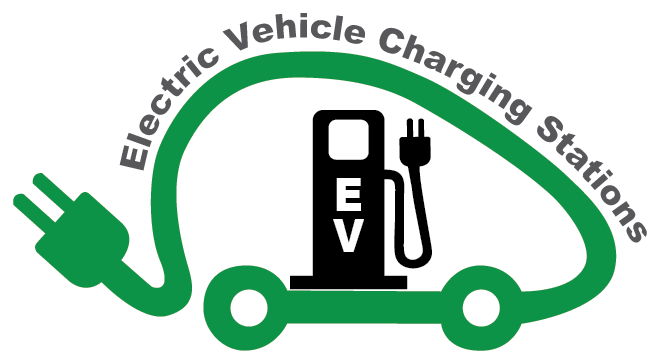
The concept of development for the current ruling government is not limited to building infrastructure but extends to the theory of sustainable development. The auto industry in India is at its boom and so is the pollution and deteriorating environment. However, it’s a better late than never situation.
With the implementation of a single tax structure, all across, that is, GST people are still inquisitive about the tax structure especially on the automobiles they plan to buy.
With the government wanting to encourage people to adopt to e-vehicles, have relaxed the tax slab and sought an allocation of Rs 12,000-13,000 crore to strengthen the thrust on developing green vehicles. The Union ministry of heavy infrastructure has suggested doing away with GST, road tax and parking fee for the electronic vehicles.
The ministry has pitched for a zero rate GST as against to the proposed 12% on the e-vehicles. Revision of the rates for some goods is already on the agenda for the meeting. However, the demand so far was to either reduce the duty on hybrids or increase the levy on SUVs, which will face 43% GST
Indigenization has also been pitched strongly and it has been clearly mentioned that no tax concessions are to be offered for the import of electric vehicles. This would help in developing the technologies suitable and adaptable to the country, in turn encouraging the Make in India policy.
FAME (the scheme to push electric and hybrid vehicles) conceptualized a budgetary support of Rs 14,000 crore for five years till 2020. The estimate finance committee had approved Rs 795 crore for a two-year pilot project. But only Rs 219 crore has been allotted in two years.
Also, a huge part of this allocated budget is used against the subsidy for the "mild hybrid four-wheelers”, which come with a start-stop switch but enjoy the benefits of a genuine hybrid, thus depreciating the impact of “e-vehicle adoption policies”. Of the 1.22 lakh vehicles which received support, over 81,000 were "mild hybrids".
"Until and unless we have availability of cheaper battery, things are not going to change fast. If we end up depending on China for batteries, then it does not serve the purpose. We have to have indigenous technology and mass production of battery to bring down prices," said a government official.


